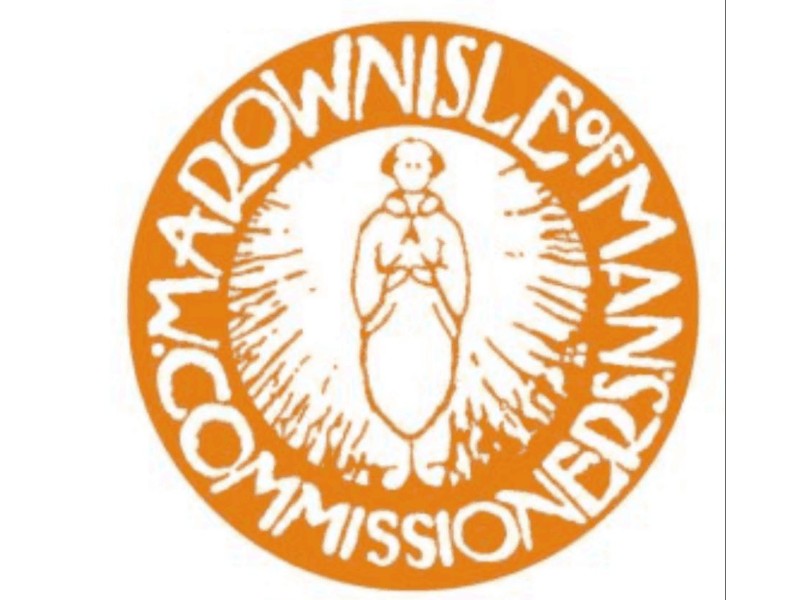
Financial pressures prompt Manx Care to consider fresh cutbacks to elective surgery provision from late 2025
Manx Radio has seen a leaked internal letter from Manx Care management warning of immediate and severe measures to address deepening financial difficulties.
The document, which was sent to the Theatre User Group, reveals plans for a possible reduction in elective surgery sessions from November 2025, if urgent savings cannot be found.
“Serious financial position”
The letter – marked as urgent – sets out that Manx Care faces a projected year-end overspend of £5,761,000. It highlights a significant shortfall in the delivery of savings plans and states that “current expenditure cannot be sustained” without decisive action.
Key directives issued include:
• An immediate reduction in elective activity within theatres.
• Urgent prioritisation of savings and the repatriation of clinical activity currently delivered in the UK, where clinically appropriate.
• Contingency planning for a further reduction in theatre activity if sufficient savings are not identified by 1 August.
If the required savings are not found, theatre sessions could be reduced from 25 to 20 per week starting November 2025, representing a loss of five sessions.
Analysis
This is not the first time Manx Care has moved to reduce elective surgeries in response to budget pressures.
In September 2024, the number of elective surgeries was cut by 5.5 per week for six months, forecast to save £220,000.
By comparison, the latest proposal to cut five elective surgeries per week over five months is calculated by Manx Radio to save £166,666.


Manx Care response
In response to queries about the leaked email, Manx Care has stressed that there are no planned reductions to the number of patients undergoing surgery. The organisation says the internal communication was intended to prompt renewed attention to cost-saving initiatives after an early warning of a possible overspend within that division for the 2025-26 financial year.
Manx Care says from the outset of the year, plans were made to achieve savings without reducing patient service capacity. However, as some initiatives have not delivered as planned, urgent internal action is now being taken to identify alternatives. The organisation adds that opportunities to create savings elsewhere in the health service could offset pressures within patient-facing areas.
Manx Care has also clarified that when the email refers to a reduction in “elective activity,” it relates to the number of theatre sessions available – typically a four-hour block – not the number of patients treated.
“No changes to elective theatre sessions will take place before November 2025, and any adjustments would focus on improving efficiency without affecting patient activity targets.”
The statement notes that similar approaches have already increased patient throughput in areas such as ophthalmology and urology, where operational improvements have more than doubled the number of patients treated in some cases.
The Department of Health and Social Care was made aware of these proposals in late July.
Manx Care concludes by expressing regret that the internal email was shared “outside of its intended context”, and reiterates its commitment to “delivering the highest standards of patient care while managing resources responsibly.”
Context
Manx Care’s accounts at the end of May highlighted a forecast overspend of £2 million.
The government budgeted £357 million for Manx Care this financial year, plus a £14 million contingency fund – expected to be fully used.
Last year, the higher rate of income tax was raised by two percent, though the planned NHS levy has not yet been introduced. However, a further announcement on its future is expected in October.
In July, Tynwald approved a supplementary vote of £15.3 million to bail out the health service which incurred additional costs, which is attributed to staff costs, off-Island care, and higher medicine prices.


 £5.3m on compromise agreements and £2.86m on mileage
£5.3m on compromise agreements and £2.86m on mileage
 Marown Commissioners opens tender process for gardening services
Marown Commissioners opens tender process for gardening services
 Brisk start to King Scallop season
Brisk start to King Scallop season
 Pothole Patrol: DOI explains road repair process
Pothole Patrol: DOI explains road repair process